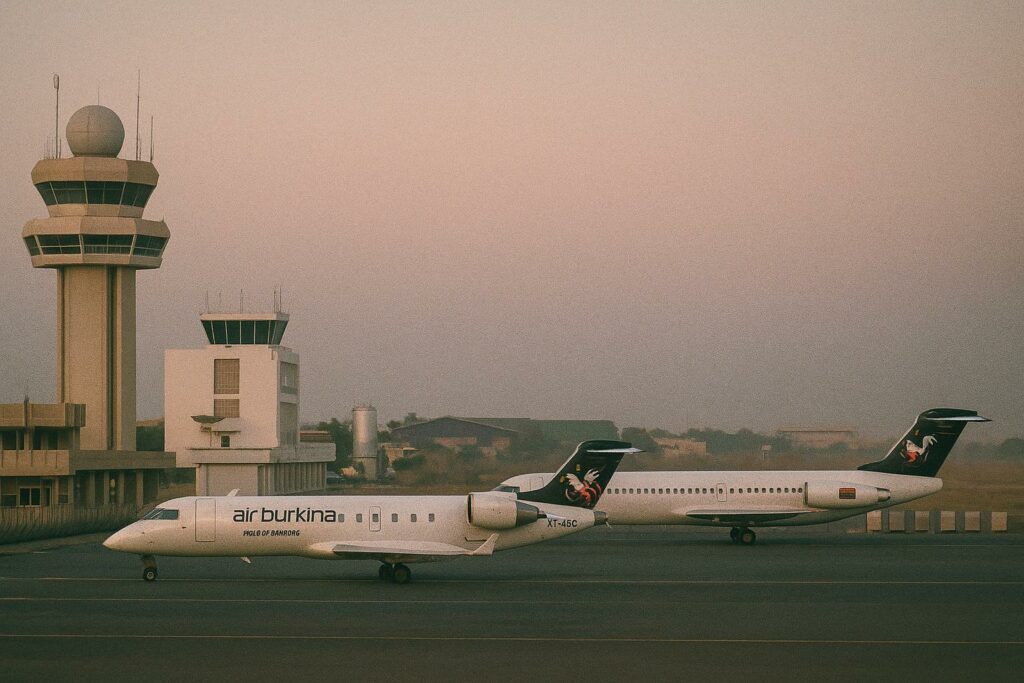Initiating a New Vision for Aviation
Burkina Faso has embarked on a transformative journey to reshape its aviation landscape by establishing the Société des Aéroports du Burkina Faso (SABF). Announced on June 18, 2025, this new public enterprise is poised to spearhead the construction, development, management, and modernization of the nation’s airport infrastructure. The endeavor is directly overseen by the Ministry of Territorial Administration and Mobility, reflecting the government’s strategic emphasis on upgrading its aerial network.
Streamlining Structures for Efficiency
The formation of the SABF heralds significant structural changes within Burkina Faso’s aviation management. The new entity will absorb the responsibilities of various existing bodies, including the National Directorate of Aeronautics, the Regulatory Administrative Commission for Ground Handling, and the Project Management for Donsin Airport. This consolidation aims to streamline operations, reduce bureaucracy, and enhance efficiency in managing airport activities across the country.
Reexamining Past Partnerships
The decision to establish the SABF emerges in the wake of a terminated agreement with the French group Meridiam AMP, which had initially been awarded the concession for Donsin Airport. The 2023 dissolution of this partnership followed allegations that the terms disproportionately favored the concessionaire. Notably, the contract provided Meridiam with a 60% stake in the joint management company, while the Burkina Faso government, financing 80% of the project cost, was allocated a mere 10% stake. Such arrangements, critics argued, neglected the state’s ability to recover its investments through airport infrastructure development revenues.
Financial Constraints and Strategic Reset
At the heart of the dispute were financial concerns, with the state receiving only 20% of the Security Fee vis-à-vis the concessionaire’s 80%. Moreover, the model deviated from regional norms, wherein ground handling services—profitable aspects of airport operations—were mostly conceded. These financial imbalances fueled the government’s drive to recalibrate its approach, shortening disproportionate concession durations up to 30 years and ensuring an equitable share in airport revenues.
Paving the Way Forward
With the SABF, Burkina Faso sets a new course, potentially redefining its aviation realm. By consolidating airport management under a single entity, the government anticipates enhanced efficiency, profitability, and strategic growth aligned with the nation’s broader economic ambitions. As these plans unfold, the success of SABF could serve as a blueprint for other countries grappling with similar infrastructural challenges.

